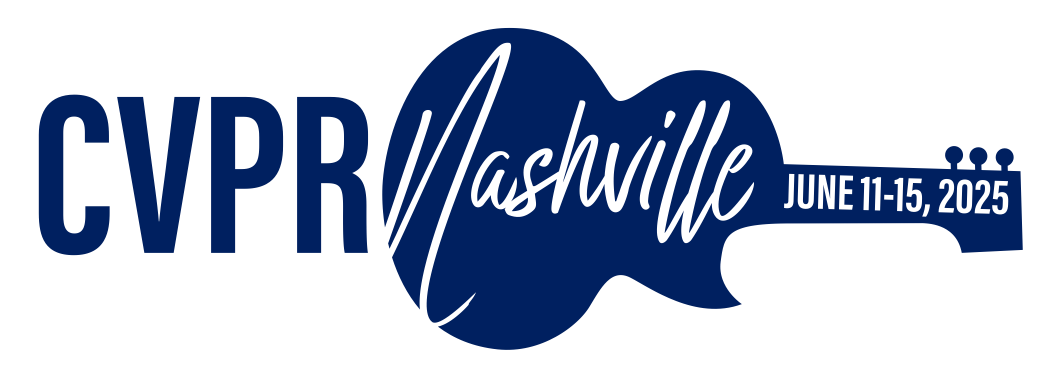-
[pdf]
[supp]
[arXiv]
[bibtex]@InProceedings{Wei_2025_CVPR, author = {Wei, Wenjun and Qian, Yanlin and Chen, Huaian and Dai, Junkang and Jin, Yi}, title = {Integral Fast Fourier Color Constancy}, booktitle = {Proceedings of the IEEE/CVF Conference on Computer Vision and Pattern Recognition (CVPR)}, month = {June}, year = {2025}, pages = {26420-26429} }
Integral Fast Fourier Color Constancy
Abstract
Traditional auto white balance (AWB) algorithms typically assume a single global illuminant source, which leads to color distortions in multi-illuminant scenes. While recent neural network-based methods have shown excellent accuracy in such scenarios, their high parameter count and computational demands limit their practicality for real-time video applications. The Fast Fourier Color Constancy (FFCC) algorithm was proposed for single-illuminant-source scenes, predicting a global illuminant source with high efficiency. However, it cannot be directly applied to multi-illuminant scenarios unless specifically modified. To address this, we propose Integral Fast Fourier Color Constancy (IFFCC), an extension of FFCC tailored for multi-illuminant scenes. IFFCC leverages the proposed integral UV histogram to accelerate histogram computations across all possible regions in Cartesian space and parallelizes Fourier-based convolution operations, resulting in a spatially-smooth illumination map. This approach enables high-accuracy, real-time AWB in multi-illuminant scenes. Extensive experiments show that IFFCC achieves accuracy that is on par with or surpasses that of pixel-level neural networks, while reducing the parameter count by over 400x and processing speed by 20 - 100x faster than network-based approaches.
Related Material





